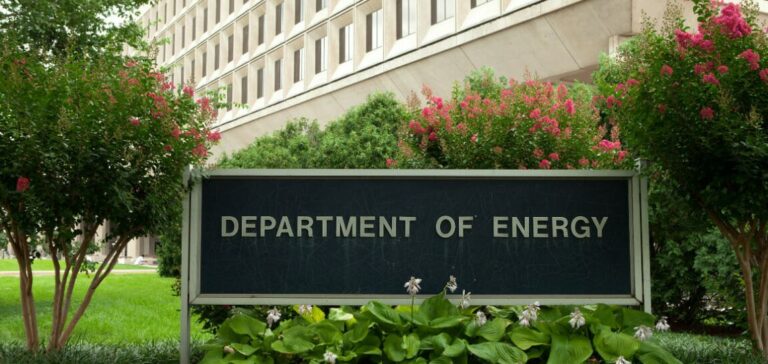The United States Department of Energy has signed an unprecedented agreement with U.S.-based company Interlune for the acquisition of three litres of helium-3, a rare isotope collected on the Moon. The contract marks the first official transaction by a government involving an extra-terrestrial natural resource, Interlune announced on May 7.
A strategic isotope with multiple uses
Helium-3, difficult to source on Earth, is considered essential for several sensitive technologies. It is used in nuclear detection systems, cooling mechanisms for quantum computing, certain medical imaging tools, and nuclear fusion research. Since a shortage in the early 2010s, U.S. authorities have been actively seeking new supply sources. The Moon, richer in helium-3, presents an alternative that this contract aims to exploit.
Delivery to the Department of Energy’s Isotope Program (DOE IP) is expected no later than April 2029. Interlune will process lunar regolith directly on-site using a pilot facility currently under development. This infrastructure will separate helium-3 from other materials before returning it to Earth, thereby reducing logistics costs associated with transporting raw material.
An industrial-scale operation on the Moon
The ordered volume requires processing an amount of regolith equivalent to a residential swimming pool. This threshold compels Interlune to demonstrate its operational capabilities at a meaningful scale directly on the lunar surface. The company claims its extraction system is smaller, lighter, and more energy-efficient than competing industry concepts.
“This volume is too large to simply bring back to Earth,” said Rob Meyerson, Interlune’s co-founder and Chief Executive Officer. “It forces us to validate our technology at a practical scale on the Moon.”
The company recently raised $18mn (approximately €16.7mn) in seed funding and receives support from several public agencies. In addition to a DOE IP grant for research on cryogenic separation of terrestrial helium-3, Interlune secured a NASA TechFlights grant and a National Science Foundation (NSF) award to support lunar regolith sorting technology.
A federal strategy for securing critical supply
This agreement is part of a broader U.S. strategy aimed at securing access to critical raw materials for future technologies. By supporting the use of space-based resources, the DOE IP sends a signal to the market of its interest in innovative approaches.
Interlune is planning several lunar missions during the latter half of the decade to industrialise the process and enable other applications, including the provision of lunar resources for direct use in space.






















